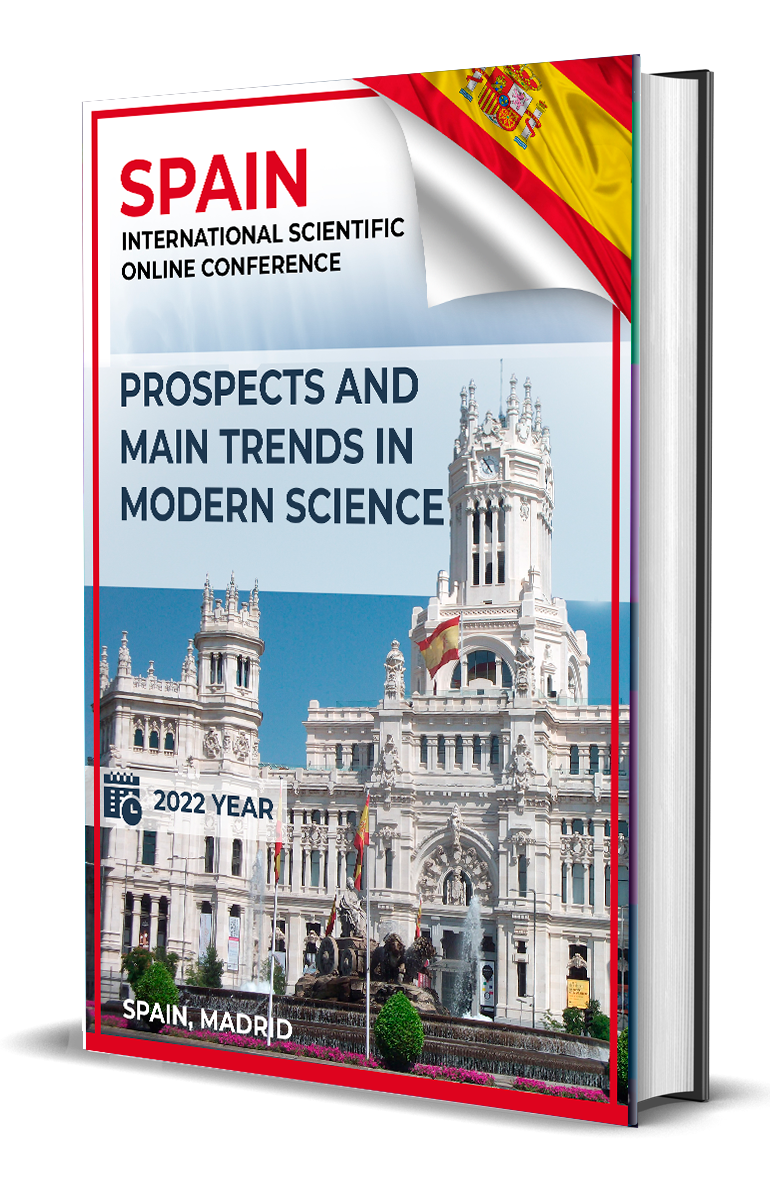HISTORICAL AND CULTURAL CONTEXT OF THE POSTMODERN PERIOD
- Authors
-
-
Mo‘minova Iymona
4th year student of foreign language faculty in Fergana State University Tel: +998911312125 E-mail: iymonasoliyeva394@gmail.comAuthor
-
- Keywords:
- alienation, criticism, philosophy, alienation, underprivileged groups, postcolonial.
- Abstract
-
The postmodern period, emerging in the mid-20th century, is characterized by a shift in cultural, philosophical, and artistic paradigms. This paper explores the historical and cultural context of the postmodern period, focusing on the decline of traditional narratives, the rise of consumer culture, and the fragmentation of identity. It examines how events such as World War II, the Cold War, and the rise of global capitalism contributed to a transformation in thought and expression. The paper also highlights the influence of postmodernism on literature, architecture, art, and philosophy, as well as its impact on contemporary social and cultural practices. Ultimately, it demonstrates how postmodernism reflects a world in which certainty and grand narratives are replaced by diversity, relativity, and skepticism.
- References
-
Joyce, James. "Ulysses." Vintage Books, 1990.-P.31
Fowles, John. "The French Lieutenant's Woman." Vintage International, 1998.-P.31
- Downloads
- Published
- 2024-11-29
- Section
- Articles

